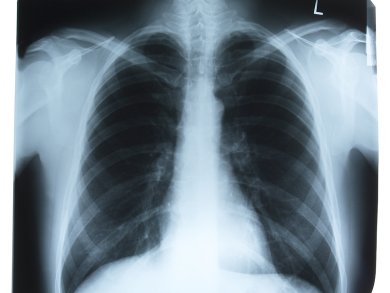Tyler Jacks and co-workers, Massachusetts Institute of Technology, USA, have identified a genetic change that makes lung tumors more likely to metastasize. In mice, activation of the Kras gene and deletion of the tumor suppressor gene p53 in lung cells always leads to lung tumors. However, only some of those tumors metastasize, suggesting that additional changes are required for the cancer to spread.
Jacks et al. have shown that absence of NKX2-1 activity leads to metastasis. Cancerous cells that turn down the expression of this gene can revert to an immature state allowing them to detach from the lungs and spread through the body, seeding new tumors.
Identification of this gene and its mode of action is the first step to designing drugs to prevent metastatic tumors, which account for 90 % of cancer deaths.
- Suppression of lung adenocarcinoma progression by Nkx2-1
M. M. Winslow, T. L. Dayton, R. G. W. Verhaak, C. Kim-Kiselak, E. L. Snyder et al.,
Nature 2011.
DOI: 10.1038/nature09881




